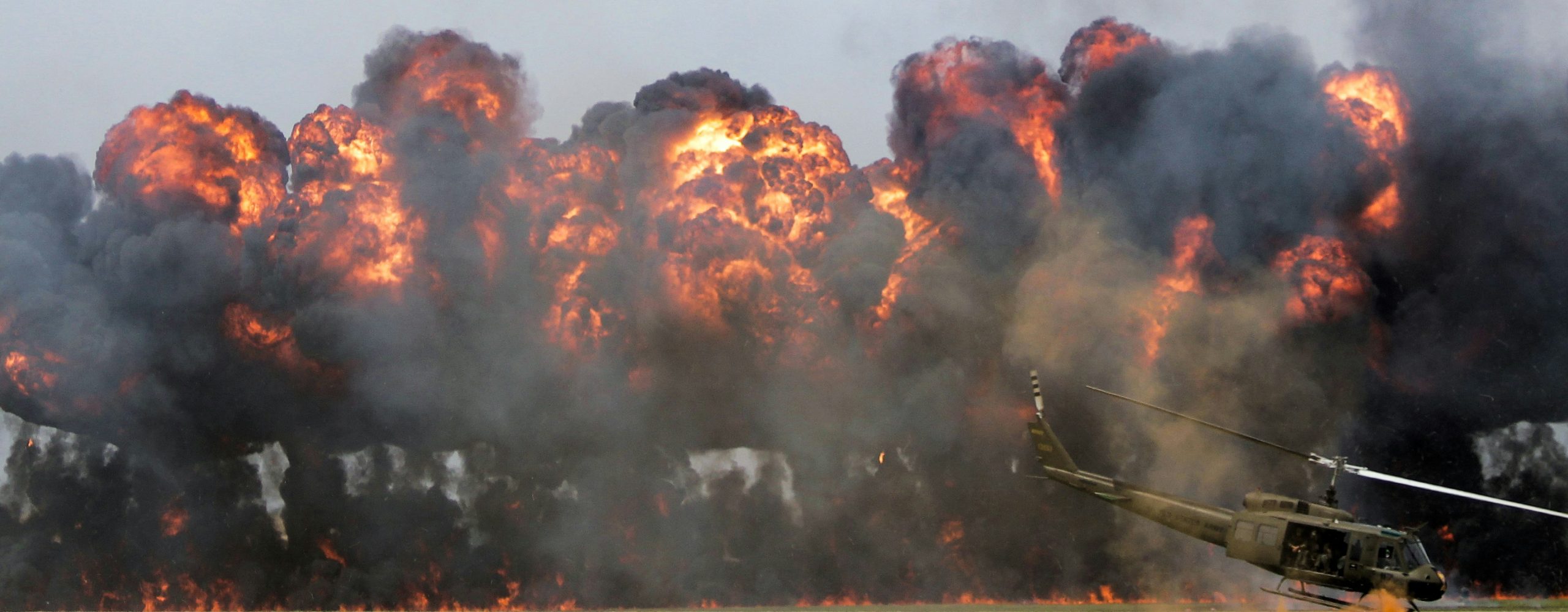The latest suicide bombing in Quetta, which killed 15 people at a political rally, is not an isolated incident; it’s a grim confirmation of Pakistan’s catastrophic failure to address the root causes of violence in Balochistan.
The attack, claimed by the Islamic State only serves to emphasise on how the region is a battleground for a complex web of militant groups, from separatist factions like the Baloch Liberation Army (BLA) to transnational jihadists, all of whom exploit the deep-seated grievances of the local population.
Rather than tackling the core issues of political marginalization, economic exploitation, and a history of heavy-handed military crackdowns, the Pakistani government has offered little more than platitudes and a continuation of a failed security-first strategy that only fuels the insurgency.

The Cycle of Violence and State Neglect
The repeated attacks in Balochistan are a direct consequence of a decades-long policy of state neglect and oppression. The province, despite being Pakistan’s largest and richest in natural resources, remains its poorest and least developed. The Baloch people feel their resources are being exploited by the central government in Islamabad, with little benefit trickling down to the local population.
This sense of injustice and political disenfranchisement is the very oxygen that separatist groups, and increasingly, extremist organizations like the Islamic State, breathe. The government’s response—relying on military operations, forced disappearances, and extrajudicial killings—has only deepened the resentment and radicalized a new generation of militants.
The bombing of a political rally, an attack on the very fabric of democratic participation, is a tragic but inevitable outcome of this destructive cycle.
A Path Forward: From Repression to Reconciliation
To break this cycle of violence, the Pakistani government must fundamentally change its approach. First, it must move away from a solely security-centric strategy and prioritize a political and economic solution. This means initiating genuine, good-faith dialogue with moderate Baloch nationalist leaders and addressing their demands for greater autonomy and equitable distribution of resources.
Second, the government must end the impunity enjoyed by security forces and establish a transparent process to investigate and hold accountable, those responsible for human rights abuses, including forced disappearances.
Third, Islamabad must launch massive, targeted development projects that directly benefit the local population of Balochistan, not just a select few or foreign corporations. Until these core grievances are addressed, a peace that lasts will remain elusive, and the people of Balochistan will continue to be caught in the crossfire of a conflict fueled by both extremism and a history of state neglect.

















